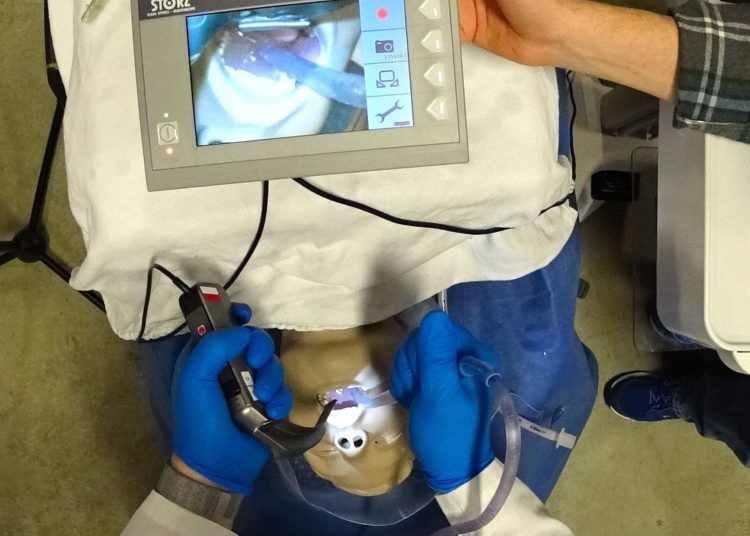DrParasite
The fire extinguisher is not just for show
- 6,380
- 2,240
- 113
Are there clinical reasons to intubate, instead of using a SGA? Outside of airway burns, I can't think of many reasons why an ET tube is better than a SGA (maybe a CHF patient? it's still early, and I haven't had any caffeine). In the county where I live, paramedics (or more accurately, ambulance EMTs) go for a SGA on all cardiac arrests. if they get ROSC, the paramedic has the option of intubating, but why remove a good airway device that is working?Most medics that I worked with would not attempt intubation and go direct for an SGA, and when asked why the reasoning was normally either a lack of confidence in the procedure or fear of "bringing down the numbers".
Not to go down this rabbit hole, but this should results in criminal charges to the provider. Sentinel event, loss of certification, personal lawsuit, criminal charges for dereliction of duty, that's all fair game.unrecognized esophageal intubation are still far more common than they should be
Intubating the esophagus is going to happen. You might even hear lung sounds. and the color metric thing might change color (those things suck anyway). You know what won't be fooled? ETCo2. If you are intubating, 9999/10000 the patient is attached to a cardiac monitor, and if you aren't, then you shouldn't be intubating (I'm looking at you, RI EMT-cardiacs). If the numbers are really low, than either that patient is really really dead, or you aren't in the lungs. In either case, the provider needs to objectively verify the success of their procedure, and if they don't, then severe consequences should occur. And if they aren't willing to do that (the objective verification to show the success of their procedure), than they shouldn't be intubating.





